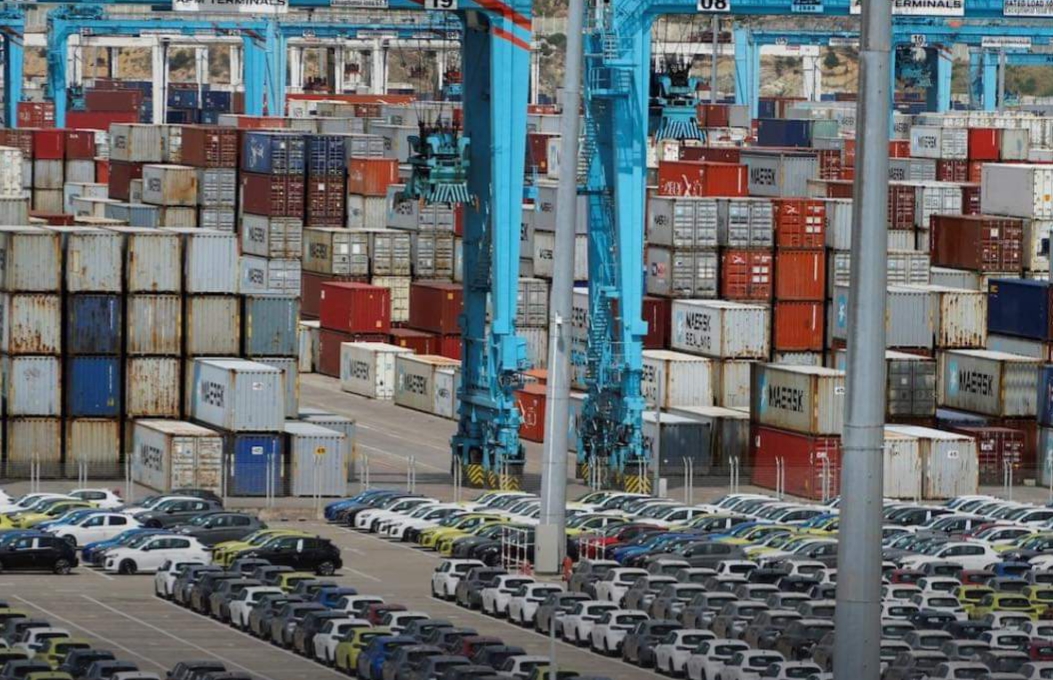Casablanca – Morocco has ranked 136th globally in the 2025 Climate Risk Index, a report published by the global environmental organization Germanwatch. This ranking places Morocco in a relatively less exposed category when it comes to the direct impacts of climate disasters, but the data nonetheless underscores the urgent need for more robust climate adaptation and prevention strategies as extreme weather events intensify across the globe.
The report, which covers the period from 1993 to 2022, measures the exposure and impact of climate-related disasters such as floods, heatwaves, and storms. Over the past three decades, Morocco has faced 42 fatalities due to extreme weather events, equating to 0.017 deaths per 100,000 people. This figure remains considerably lower than that of other countries that have experienced higher mortality rates due to climate-related catastrophes. Despite the relatively low death toll, the report highlights that a significant number of people have still been affected by these events. Approximately 103,467 individuals in Morocco have been impacted by climate disasters, with a ratio of 37,301 affected per 100,000 people.
From an economic perspective, Morocco’s direct financial losses due to climate disasters are estimated at $147.9 million (adjusted for purchasing power parity), which represents only 0.059% of the country’s Gross Domestic Product (GDP). While this is still a modest figure compared to some of the most affected nations where economic losses exceed 1% of GDP, the report stresses that the overall impact on the country’s economy remains substantial when considering the broader implications of climate change.
Notably, in 2022, Morocco reported no fatalities, losses, or individuals affected by extreme weather events, a rare occurrence in the context of the growing global climate crisis. This year of stability in terms of climate disaster impact offers a stark contrast to other regions, reinforcing the idea that Morocco’s exposure to climate risks has been lower than that of many other countries. However, despite this relative stability, the report emphasizes the need for vigilance, as climate change continues to intensify extreme weather events worldwide.
Globally, the report reveals alarming figures. Between 1993 and 2022, over 9,400 climate disasters were recorded, resulting in more than 765,000 deaths and an estimated economic cost of $4.2 trillion. Countries like Dominica, China, Honduras, Myanmar, India, and the Philippines have been among the most affected in the long term, suffering from persistent climate shocks. Meanwhile, in 2022 alone, Pakistan, Belize, and Italy were some of the hardest-hit nations, primarily due to floods, storms, and heatwaves.
The report also draws attention to the increasing vulnerability of low-income countries to climate change. These nations often suffer disproportionately due to their weaker infrastructure and limited capacity to adapt to environmental changes. In particular, the frequency and intensity of extreme weather events have increased in many regions, transforming such disasters into the “new normal.” This trend is likely to continue, further complicating efforts for disaster prevention and recovery.
Morocco’s geographical location places it in a zone at risk of future climate disruptions. While the country has not faced the same extreme levels of climate-related impacts as some other regions, the report indicates that Morocco could experience more frequent heatwaves, rising temperatures, water scarcity, and prolonged droughts in the coming years. These emerging threats highlight the need for urgent action to prepare for climate change impacts that could threaten key sectors such as agriculture, which is highly vulnerable to variations in rainfall and temperature patterns.
Moreover, the report stresses the importance of stronger adaptation measures in Morocco and other developing countries. Morocco’s current climate adaptation strategies, including its focus on renewable energy and efforts to reduce carbon emissions, have provided a solid foundation. However, there is still much to be done to enhance the resilience of vulnerable communities, improve infrastructure, and bolster efforts to address the growing risks posed by climate change.
Morocco’s position in the 2025 Climate Risk Index may provide some reassurance regarding its current vulnerability to climate-related disasters. However, the report highlights that climate change is an evolving and unpredictable threat, with potential for more frequent and severe weather events in the future. The country must prioritize strengthening its adaptation measures, especially in sectors like agriculture and water management, which are most at risk. As global climate patterns continue to shift, Morocco’s proactive approach to building resilience will be key in mitigating the long-term impacts of climate change and ensuring sustainable development for future generations.
















